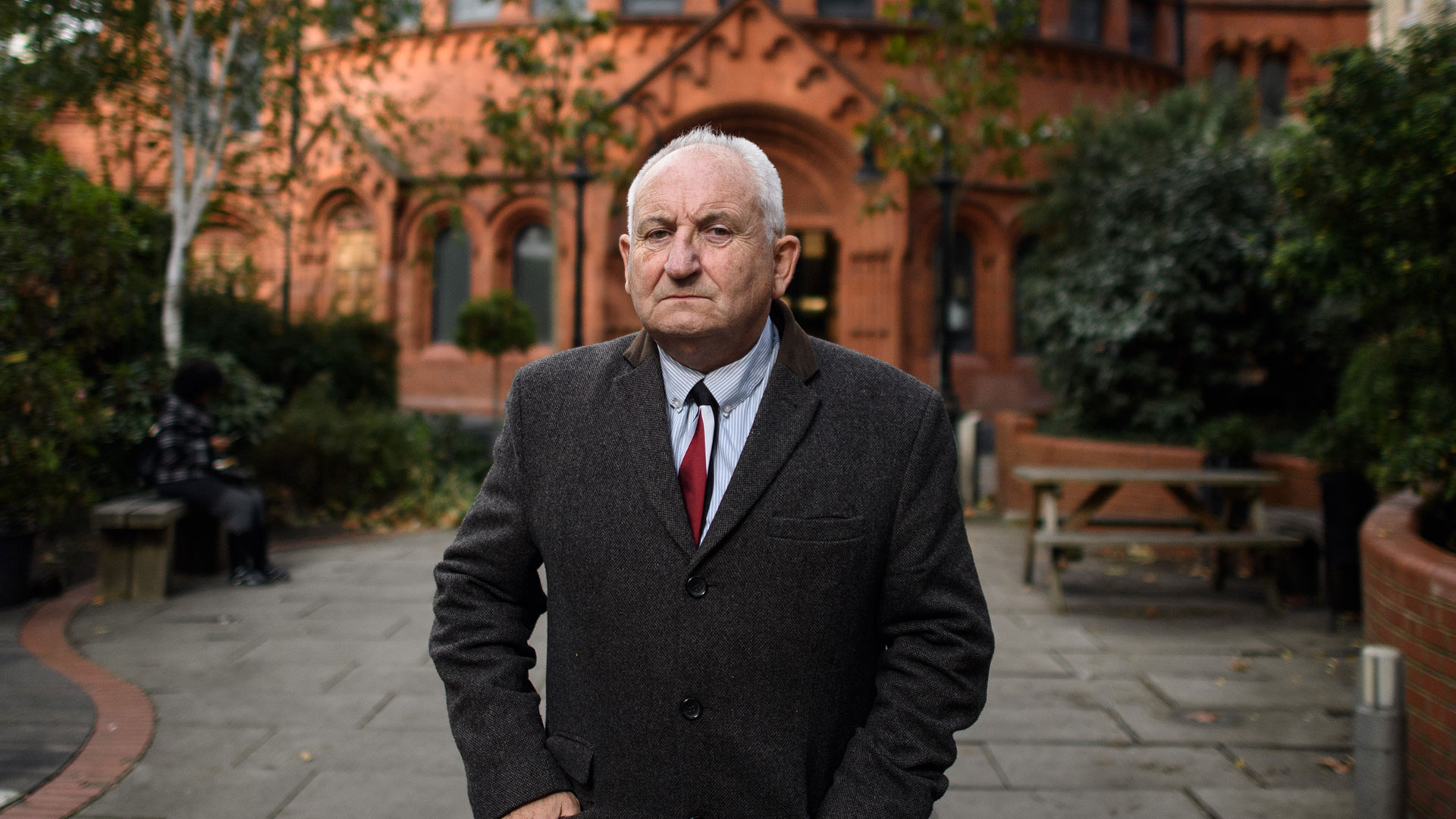I am so enjoying reading The Making of Poetry by Adam Nicolson that I wish it would last beyond its 390 pages. And with woodcuts and paintings by Tom Hammick there’s an added bonus.
The only problem is these two poets have never interested me in the slightest up until now. And the ‘Now’ that has driven me to pick up the book is the turmoil of the hour in which we live.
In other words, Mr Nicolson’s book seems to be a kind of rescue job on surviving what we are now going through, the stalemate of stalemates that will break sometime soon and propel us into something even nastier. Why? Because compromise does not seem to be on the horizon.
Wordsworth and Coleridge walking through Somerset at the end of the 18th century at a time when the continent of Europe was going through a re-con does not seem much relief from our current parlous political times. The re-con was the increasing post-French Revolution growth of an Imperial Army. With Napoleon champing at the bit to take over. And make the whole of Europe one big France.
And hopefully and finally subduing the British Isles and make of them part of a Greater France also. The sea walls that surrounded Great Britain were never going to hold when Napoleon had his way; that is if he kept to a master plan that allowed no deviations.
The Making of Poetry has the sub title “Coleridge, the Wordsworths and their year of Marvels”. It is a book – I’m still in the middle of it – that shows how their poetry leaped in 1797-8. Coinciding with the rich times of political oppression in Great Britain to head off the spread of a French-inspired revolutionary fever. Coinciding also with hunger and poverty, collapse and failed crops to add to misery of a people about to enter the biggest of revolutions, the Industrial Revolution.






